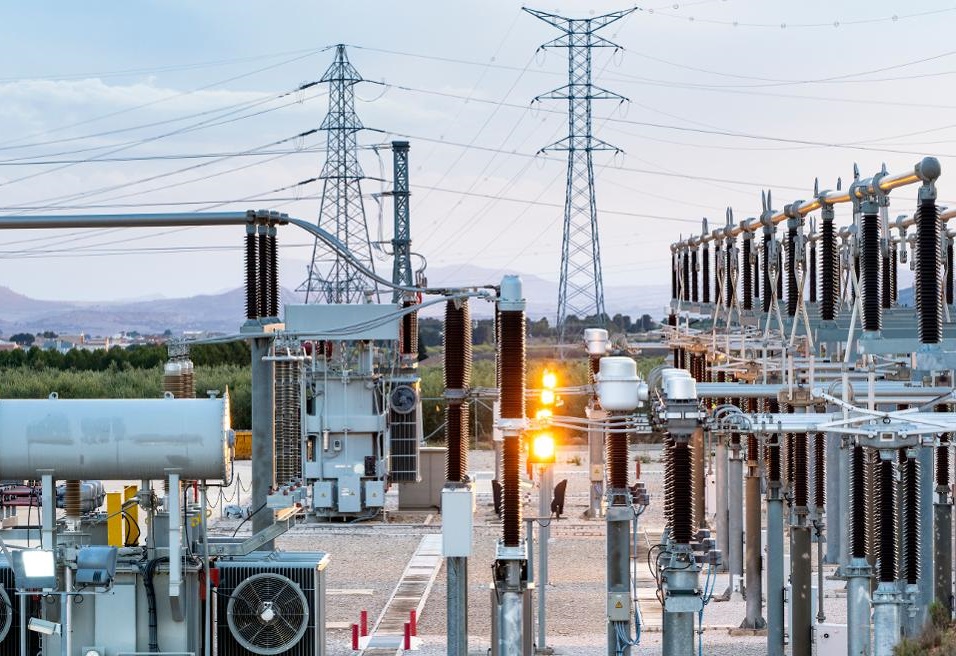Business
Discos Accuse FG Of Reneging On N100bn Electricity Subsidy

Electricity Distribution Companies (Discos) have reacted officially to the takeover/restructuring of five Discos by the Federal Government through the Bureau of Public Enterprises (BPE), describing the move as a backdoor renationalisation of the power firms.
They claimed that investors in the 11 Discos were shortchanged by BPE when the facilities were privatised in November 2013, while the government had failed to pay the N100bn subsidy on electricity since the privatisation of the sector.
Speaking under the aegis of the Association of Nigerian Electricity Distributors (ANED), an umbrella body for the power firms, the Discos expressed concern about the restructuring of the five companies as announced by BPE on July 5, 2022, in collaboration with the Nigerian Electricity Regulatory Commission (NERC).
The Federal Government, through BPE, had announced the planned takeover of Kano, Benin and Kaduna electricity distribution companies by Fidelity Bank Plc after the bank initiated action to take over the boards of the three Discos.
It also announced that with the takeover of Ibadan Disco by the Asset Management Corporation of Nigeria, the Bureau had obtained approval from NERC to appoint an interim Managing Director for the distressed power firm.
The government had further stated in its restructuring notice that it was restructuring the management and board of Port Harcourt Disco to forestall the imminent insolvency of the utility.
The notice was signed by the Director-General, BPE, Alex Okoh, and Executive Chairman, NERC, SanusiGarba.
Although some of the affected power firms had commenced legal actions against the move, the Executive Director, Research and Advocacy, ANED, Sunday Oduntan, said the association viewed the restructuring to be inconsistent with all the guidelines necessary to comply with the framework of privatisation agreements and the rule of law.
“We believe that it is reasonable to conclude that the outcome has been an expropriation or backdoor renationalisation of the Discos by the Federal Government,” ANED stated in a statement issued in Abuja.
It added, “Such renationalisation or expropriation must be viewed through a historical context as necessary for a proper understanding of the performance challenges that the Discos have been faced with since privatisation.
“Fundamentally, the basis of privatisation was flawed from the beginning due to conditions that were not met by the Federal Government, while expecting the Discos to meet their performance obligations.
“Not only were the investors shortchanged because of insufficient and unreliable data that was provided by BPE to them during the privatisation process, but the government also committed to and failed to deliver on debt-free financial books, payment of ministries, department and agencies electricity debts, and N100bn subsidy”.
It outlined other areas of failure by the government to include its inability to implement a cost reflective electricity tariff, stressing that this singular unfulfilled condition had led to accrued significant debt and liabilities on the Discos’ financial books, as Discos continued to sell electricity below the cost price.
It said the privatisation of TCN was a major requirement for attracting the private investment, critical in addressing the transmission bottleneck currently belittling the Nigerian Electricity Supply Industry value chain.
Business
NCDMB, Jake Riley Empower 250 Youths On Vocational Skills

Business
NUJ Partners RSIRS On New Tax Law Education

Transport
Nigeria Rates 7th For Visa Application To France —–Schengen Visa

-

 Politics19 hours ago
Politics19 hours agoPFN Rejects Call For INEC Chairman’s Removal Over Genocide Comments
-

 Sports19 hours ago
Sports19 hours agoEnekwechi wins Orlen Cup in season opener
-

 Rivers19 hours ago
Rivers19 hours agoFasthire, PHCCIMA, CIPM Host CareerFest 2026 In PH
-

 Sports19 hours ago
Sports19 hours agoFalconets, Senegalese Lionesses arrive Ibadan for qualifier
-

 Sports19 hours ago
Sports19 hours agoSimba open Nwabali talks
-

 Business20 hours ago
Business20 hours agoNCDMB, Jake Riley Empower 250 Youths On Vocational Skills
-

 Niger Delta20 hours ago
Niger Delta20 hours agoStakeholders Task INC Aspirants On Dev … As ELECO Promises Transparent, Credible Polls
-

 Rivers19 hours ago
Rivers19 hours agoPolice Raise Alarm Over Rise In Officers’ Impersonation

